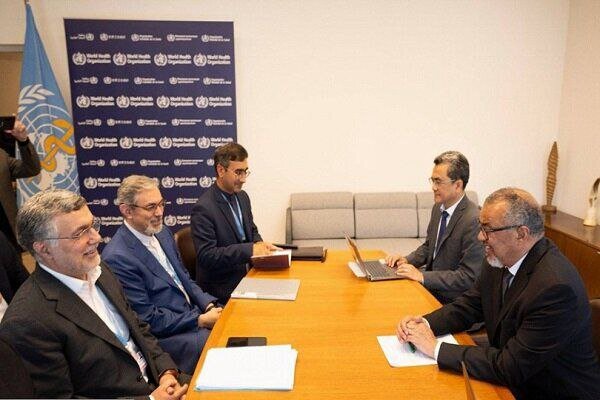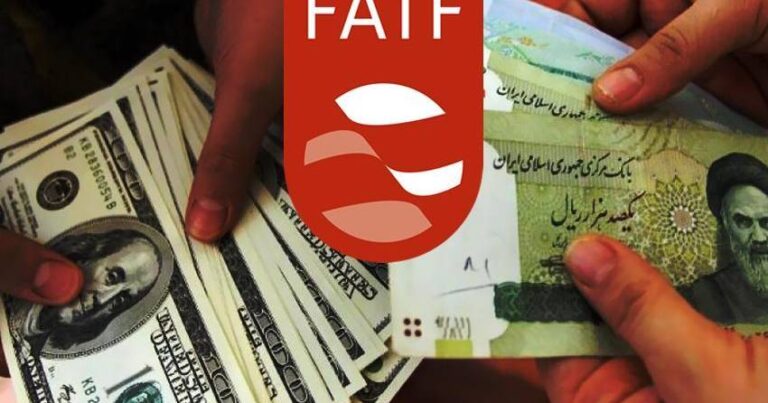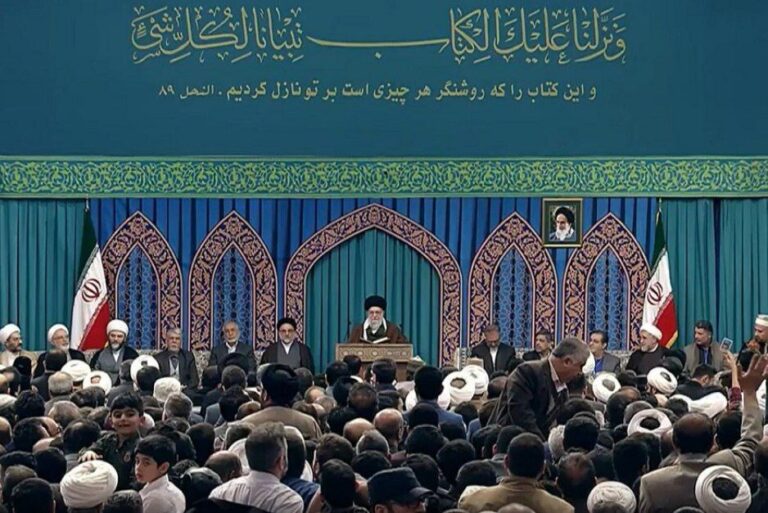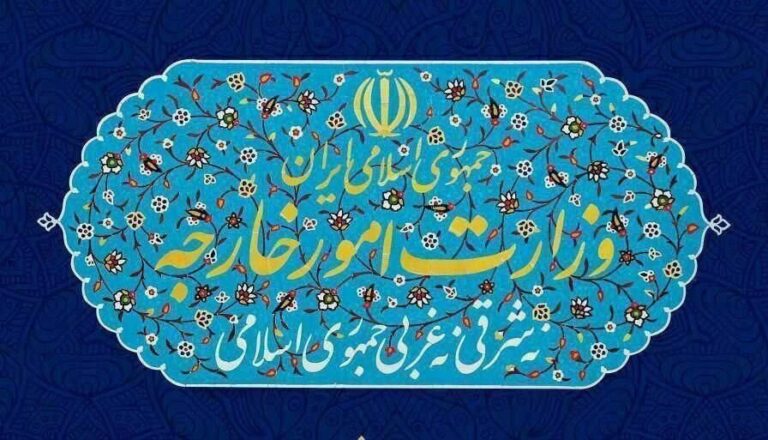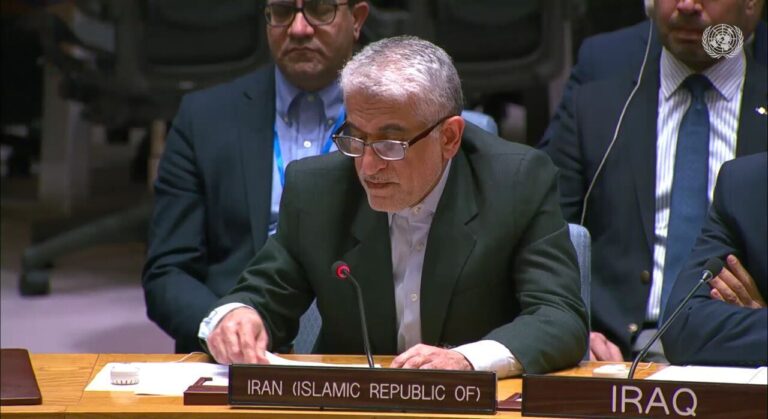WHO Joins Forces with Iran to Enhance Healthcare Access for Refugees
In a significant development regarding the healthcare landscape in Iran, Tedros Adhanom Ghebreyesus, the Director-General of the World Health Organization (WHO), has acknowledged the challenges posed by Afghan refugees on Iran’s health system. He expressed the WHO’s willingness to support Iran’s healthcare efforts despite budget constraints. This recognition highlights the vital role that Iran plays in regional health services, especially in its response to the needs of refugees.
During a meeting held on the sidelines of the 78th World Health Assembly (WHA), Ghebreyesus praised Iran’s initiatives in the health sector and its commitment to providing health services to refugees. He emphasized that Iran’s achievements in the primary healthcare system serve as a model for other countries in the region, according to a report by Mehr news agency.
Health Minister Mohammad-Reza Zafarqandi, who represented Iran at this crucial assembly, elaborated on the country’s health indicators, noting that over 4.5 million refugees currently reside in Iran. Zafarqandi underscored the importance of enhancing cooperation with the WHO to improve health outcomes for both refugees and local populations.
An Iranian delegation, headed by Zafarqandi, is actively participating in the 78th WHA, which is being held in Geneva, Switzerland, from May 19 to June 27. The assembly focuses on the theme of “One World for Health”, bringing together high-level representatives from various countries to address pressing global health challenges.
This year’s WHA comes at a pivotal moment for global health as member states face emerging threats and significant shifts in the health landscape. The theme reflects the WHO’s unwavering commitment to solidarity and equity, advocating for equal opportunities for everyone to lead a healthy life, even in unprecedented circumstances.
During the assembly, discussions will center around current and future priorities and challenges in global health. Participants will review and provide feedback on various documents relevant to health policies and strategies. Alireza Biglari, an official from the health ministry, noted that member states will have the opportunity to share their insights on each document.
Zafarqandi plans to present a statement regarding 35 specific documents related to Iran’s health system. These documents encompass:
- 29 documents addressing general health activities
- 6 documents focusing on departmental activities and international cooperation
In addition to these presentations, various issues will be reviewed by specialized committees, including:
- Budget and financial matters
- Membership status of various countries
- Auditing processes
- Concerns raised during the WHO executive board session
According to Biglari, a total of 56 topics will be discussed in the form of documents during the 78th WHA. This indicates a comprehensive approach to addressing global health issues.
On the sidelines of the WHA, Minister Zafarqandi is scheduled to hold meetings with health ministers from various countries, including:
- Switzerland
- Italy
- Qatar
- Oman
- Iraq
- Saudi Arabia
- India
- Cuba
Moreover, he will meet with the WHO director for the Eastern Mediterranean Regional Office (EMRO) to discuss collaborative efforts and strategies to enhance health services in the region.
This gathering of health leaders and experts at the WHA represents a crucial opportunity to tackle pressing health challenges and share innovative approaches to healthcare. As countries navigate the complexities of global health, the commitment to cooperative efforts and shared resources will be vital in addressing the needs of vulnerable populations, including refugees.
In conclusion, the discussions and collaborations that emerge from the 78th World Health Assembly are expected to play a pivotal role in shaping the future of global health initiatives, especially concerning the ongoing situation of Afghan refugees in Iran. With the WHO’s support and Iran’s proactive measures, there is hope for improved health outcomes for all.
